china sheet metal
ECCN is one of the leading manufacturers of precision metal components for industries including automotive, aerospace, electronics, household appliances and more.
Home » china sheet metal
Introduction to China Sheet Metal & ETCN
ETCN & China Sheet Metal is a sheet metal manufacturing company in China. ETCN focuses on producing high-quality, precision-engineered sheet metal products to meet the needs of customers in both the domestic and international markets.
The company’s core products include aircraft parts, automotive parts, medical equipment, and appliance parts. ETCN’s products are widely used in a variety of industries, including aviation, automotive, medical, and industrial.
ETCN’s capabilities include engineering and production of aluminum extrusions, brass fittings, carbon fiber fabrics, copper alloys, and stainless steel sheets. The company also provides a wide range of services to its customers, including engineering assistance, product knowledge transfer, and quality assurance.
With over 30 years of experience in the sheet metal industry, ETCN has developed into a leading player in China’s market for precision-engineered sheet metal products. Thanks to its strong customer base and innovative products, ETCN is well positioned to continue growing at a rapid pace in the coming years.
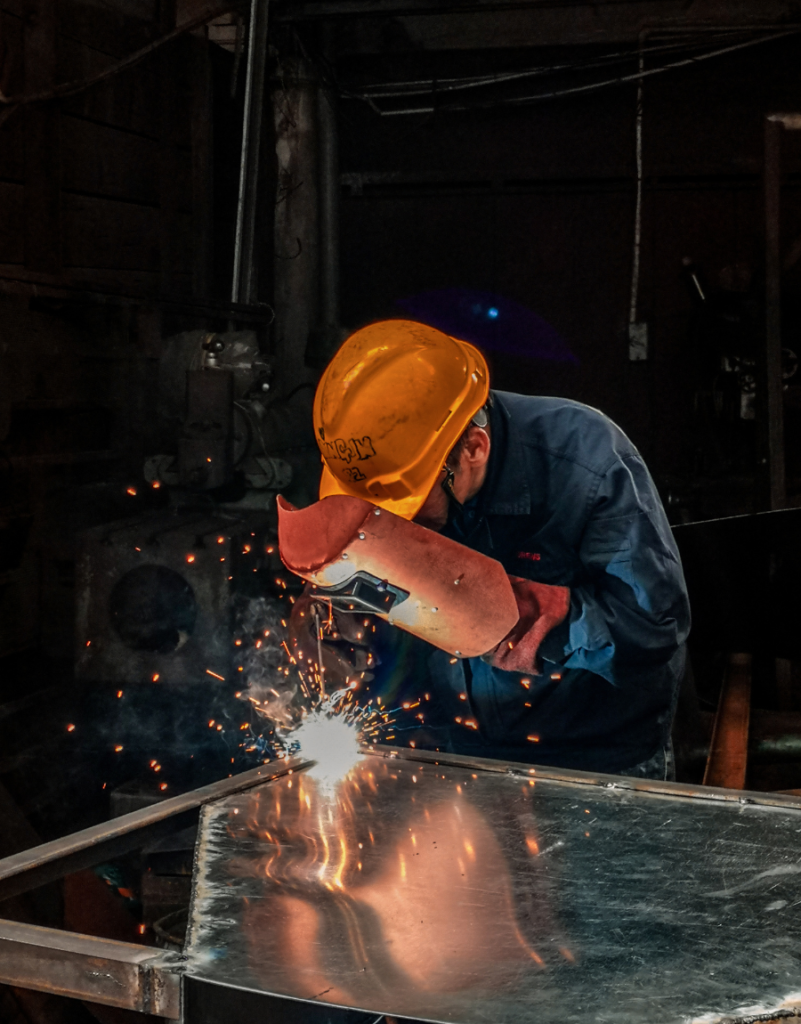
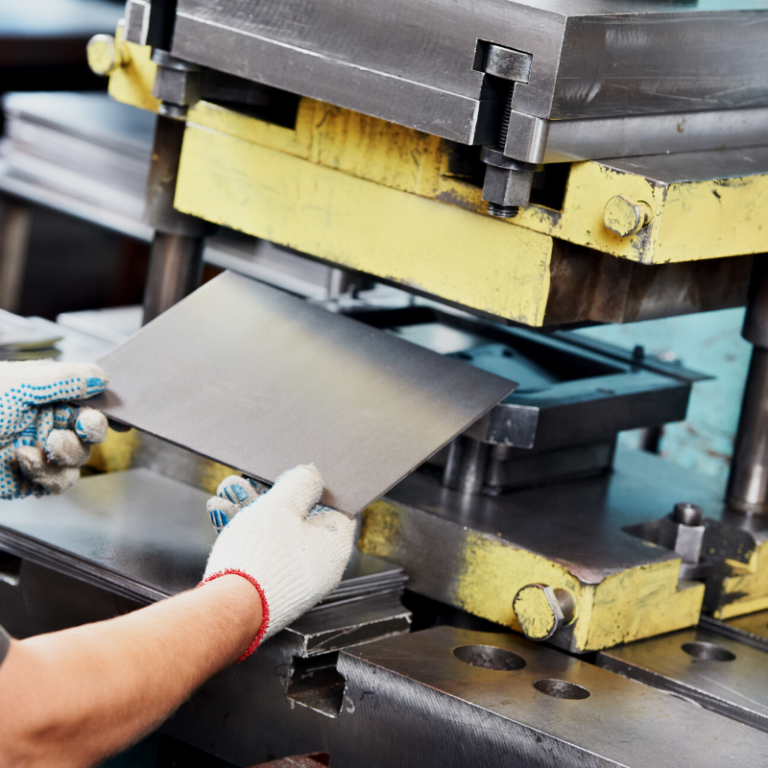
How to Find a Right Custom Metal Parts Manufacturer in China?
If you want to find the right custom metal parts manufacturer in China, here are some tips for you:
♦ 1. Look for the supplier’s certificate of quality system
♦ 2. Check if the supplier is an ISO9001 certified company
♦ 3. Ask for product photos and samples from the supplier
♦ 4. Find out if we can meet your delivery date
Chinese Sheet Metal Manufacturing Process
♦ 1. Extrusion
♦ 2. Cold rolling
♦ 3. Folding
♦ 4. Punching/embossing/bending/drawing
♦ 5. Heat treatment
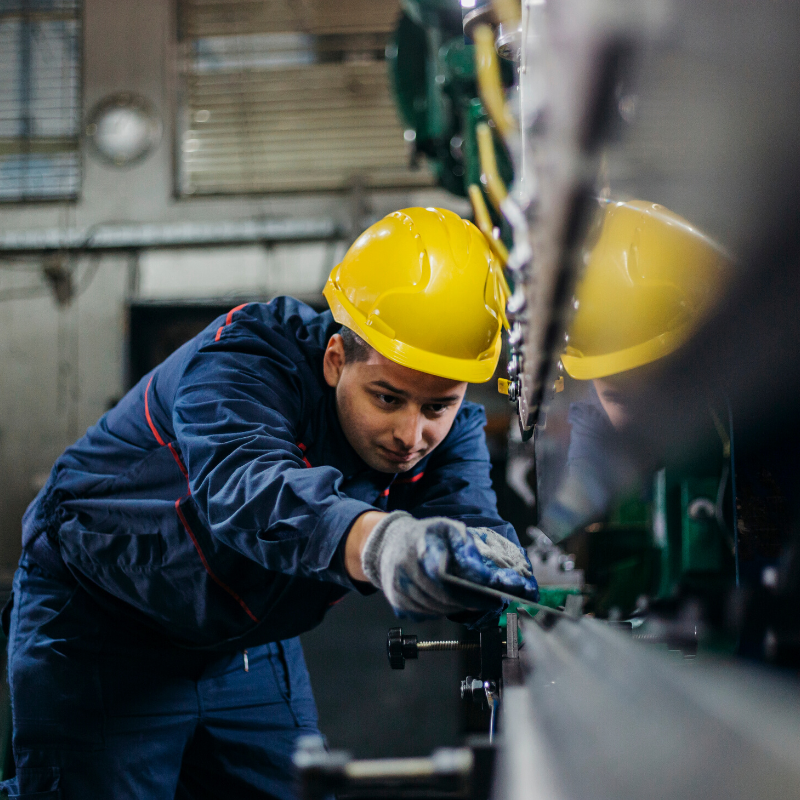
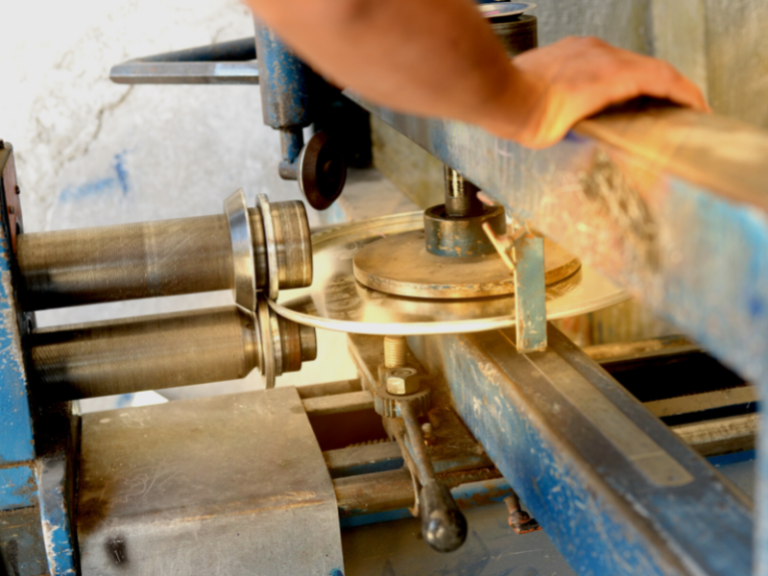
Surface Treatment of Chinese Sheet Metal Parts
Many types of coatings can be applied to sheet metal parts like zinc plating, electroplating, and galvanizing. These coatings are applied to prevent corrosion, rusting, or oxidation during storage or use. Zinc plating is one of the most common types used for this purpose because it’s inexpensive and easy to apply.
What Are the Common Materials and Applications of Sheet Metal Parts?
There are many common materials used to make sheet metal parts, including:
Aluminum: This is one of the most popular materials for making sheet metal parts because it is lightweight and strong.
Brass.:Brass is also a popular choice for making sheet metal parts because it is durable and can be machined easily.
Copper: Copper is used in electrical applications and can easily form into different shapes by cold or hot forming methods.
Mild Steel: Mild steel is an iron alloy that has been treated to make it more resistant to rusting and corrosion than regular iron. It can be used for many types of sheet metal parts because it is strong, easy to bend and form, and inexpensive compared with other metals.
Stainless Steel: Stainless Steel. Stainless steel is an alloy that contains chromium and nickel and has a high resistance to corrosion (stainless means stain-resistant). It can be polished or brushed after forming to give a shiny finish.
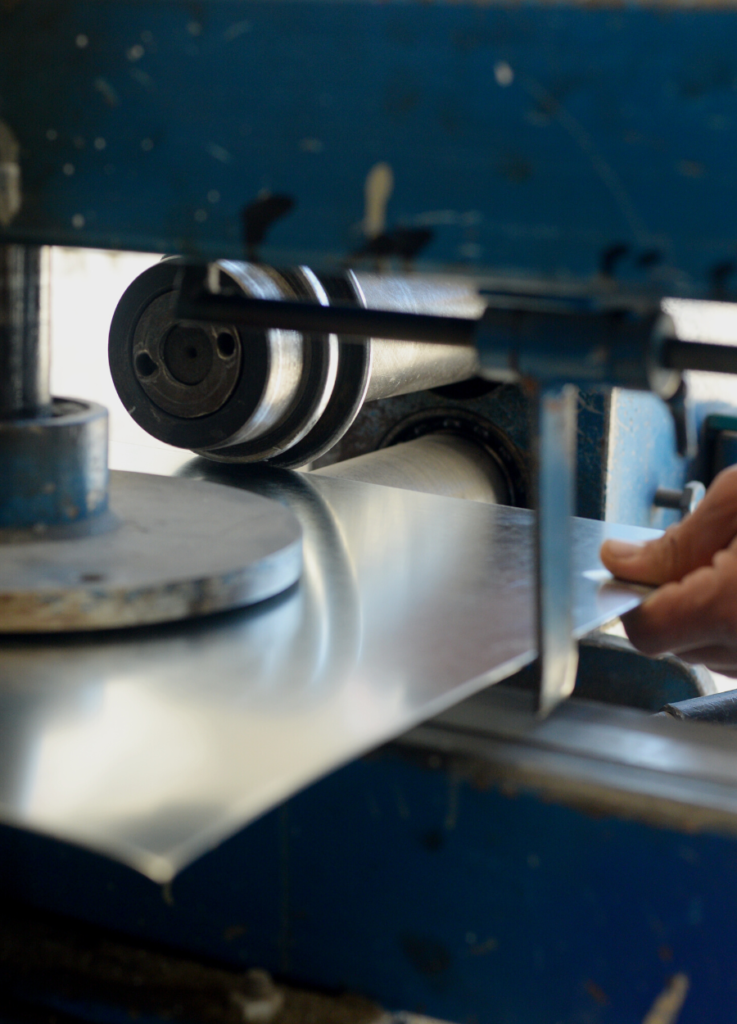
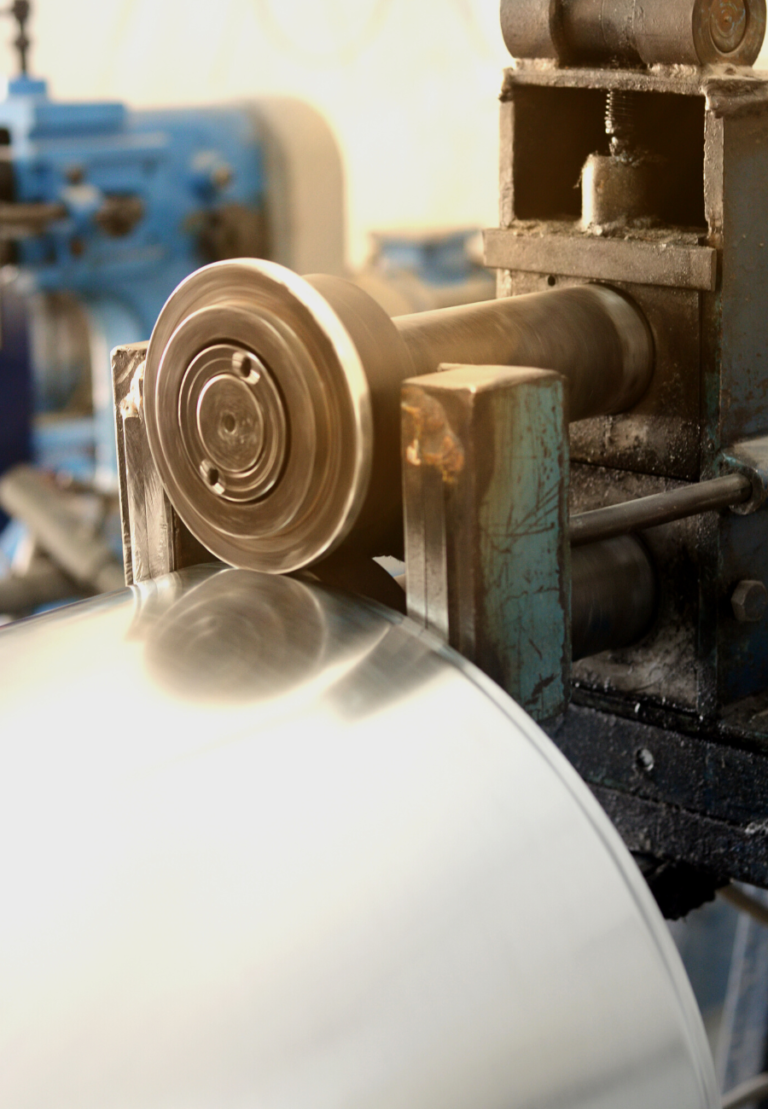
What Are the Advantages of Sheet Metal Bending?
The advantages of sheet metal bending include:
Flexibility – Sheet metal can be bent into nearly any shape, and it’s not limited to flat surfaces. The process can produce curves, twists and bulges that wouldn’t be possible with other materials like wood or plastic.
Durability – Sheet metal is very strong and durable compared to other materials like wood or plastic. It can stand up to extreme conditions without degrading over time.
Design flexibility – Sheet metal can be bent into virtually any shape required by an application. This allows designers to create custom parts that fit exactly where they’re needed in an assembly line or other system.
Cost efficiency – Sheet metal is inexpensive compared to other materials like steel or aluminum, so it’s often used for prototypes instead of more expensive materials that may require more machining work later on down the line when production ramps up after launch